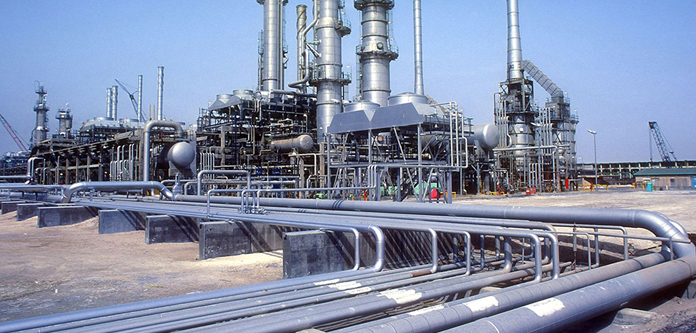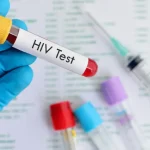Policy Analyst at the Institute for Energy Security, Derrick Xatse has expressed joy following the announcement by the West Africa Gas Pipeline (WAPCo) to postpone the scheduled maintenance of its pipelines to avert energy crisis in Ghana.
According to him, fairness and consistency in decision-making are critical.
Originally scheduled to start on January 20,2025, WAPCo said the exercise will now take place from February 3 to March 2, 2025, during which the company will halt gas flow to Ghana.
This was contained in a statement issued by WAPCo on Wednesday, January 15. The cleaning exercise according to WAPCo is critical, as it aligns with industry best practices. WAPCo is required to conduct these regular inspections every five years.
Reacting to this, Mr. Derrick Xatse indicated that, “This is good news. If you were able to postpone maintenance for two months for the previous government, why don’t you do the same for the new government? Why don’t you give this government one month to figure out solutions to rectify the fuel shortage?” Mr. Xatse questioned, pointing to what he describes as the need for equitable treatment across different administrations.
AIES calls for political accountability in Ghana’s energy sector
He was Speaking during an interview with 3FM’s Beatrice Adu on January 16.
According to him, while gas remains the cheapest among various fuel options, logistical and cost-related challenges persist. “Gas is expensive, but it is the cheapest compared to the other fuels that we have. There will be challenges in terms of the cost, but it is still the cheapest”. He noted, underscoring the relative affordability of gas despite rising prices and market pressures.
Derrick Xatse’s remarks come at a time when Ghana is grappling with fuel shortage in parts of the country, sparking widespread concerns among businesses and transport operators.
Calls for a swift and sustainable solutions have intensified, with many urging the government to take decisive action to stabilize supply and manage prices.
His suggestion to allow the current administration additional time to develop a comprehensive strategy has added a fresh dimension to the debate, prompting questions about how best to balance immediate public needs with long-term policy goals.
As the situation develops, analysts believe that collaborative engagement between the government, industry players, and key stakeholders will be crucial in ensuring an efficient resolution to the crisis.
















